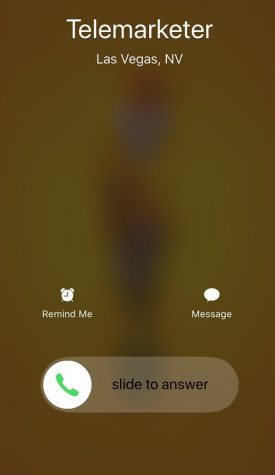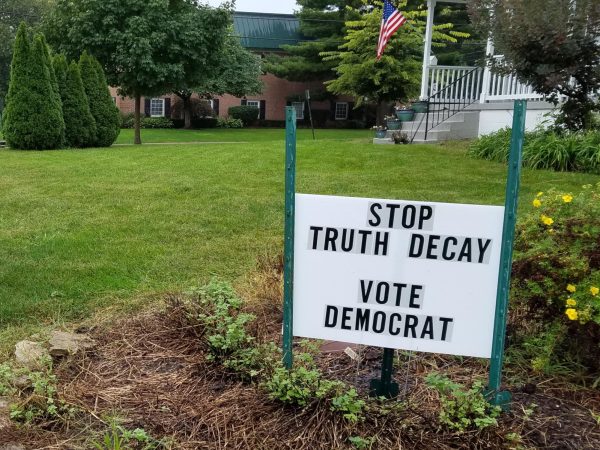Scammers reap hefty profits for illegal telemarketing — and Arizona is a top destination for the cons
COLUMN: Federal inaction has seen Arizonans receive spam call after spam call

Spam calls are an annoying phenomenon for Americans young and old.
Annoyance phone calls — including robocalls, certain illegal phone sales, telemarketers that identify themselves as government agencies or other legitimate figures — are growing in frequency and audacity.
In fact, Arizonans receive more of these annoyance calls than any other state in the U.S. except Texas.
These calls are not just an annoyance, but a colossal waste of time. They are a threat to vulnerable individuals who believe they are speaking to someone from a reputable company or organization and release valuable personal information, or worse—their money.
They also mean big business and big money for scammers who have learned how to set up effectively, rake in the dollars—and then move on, and start all over.
Some of these companies have found a way to use these calls to target specific people. These telemarketers have paid for and acquired users’ personal information collected at different sites. One way or another they excise money from people by enticing them to purchase unwanted, often-worthless products or services and having them give up personal information.
Research has shown Americans lose over $10 billion per year to these calls, a staggering sum.

Caller ID, which identifies the person or business calling you, has been available to consumers for about 30 years now. But some robocall companies have found ways around the identification.
In addition to hiring aggressive salespeople, scammers also use a technique known as “spoofing.” This technique places a different number on an individual’s caller ID than the one from which the annoyance caller is actually calling.
Available programs to prevent robocalls including call blocking, but the threat of spoofing makes blocking calls from certain numbers useless, because a different fake number is used each time. Specialized phone apps utilized to weed out spam numbers often lead to people missing calls from people they know.
Also, reporting the number to authorities does no good, as the calls are not coming from those numbers.
There are scattered laws on the books that are supposed to stop calls like these, but they don’t.
In fact, one law has been around since 2004 — the National Do Not Call Registry. Placing a number (or numbers) on this list is supposed to stop any unwanted calls. Any reputable telemarketing company would just add the numbers on the list into their database.
Annoyance and scam callers now simply ignore this list, and the FTC receives 19,000 complaints a day from people on the “do not call” list still receiving such calls.
A measure put into place that was supposed to stop or at least curtail annoyance calls, known as the Stir/Shaken protocol, puts the onus on phone companies themselves to stop calls using the spoofing tactic from coming through their systems.
But it appears that organizations employing spammers are collectively ignoring the new law, and phone companies are either not trying hard enough to implement it or are simply being outsmarted.
In short, there are still too many loopholes for annoyance callers to continue reaching the public at large. These loopholes need to be eliminated.
For example, each call made by an annoyance call entity to a number on a the list should carry a hefty fine. Phone companies should be required to prevent spoofing completely, again with requisite fines for failing to do so. This makes it easier to hold the actual owners of the calls responsible financially.
It is time for lawmakers to put some teeth in the do not call list law.











